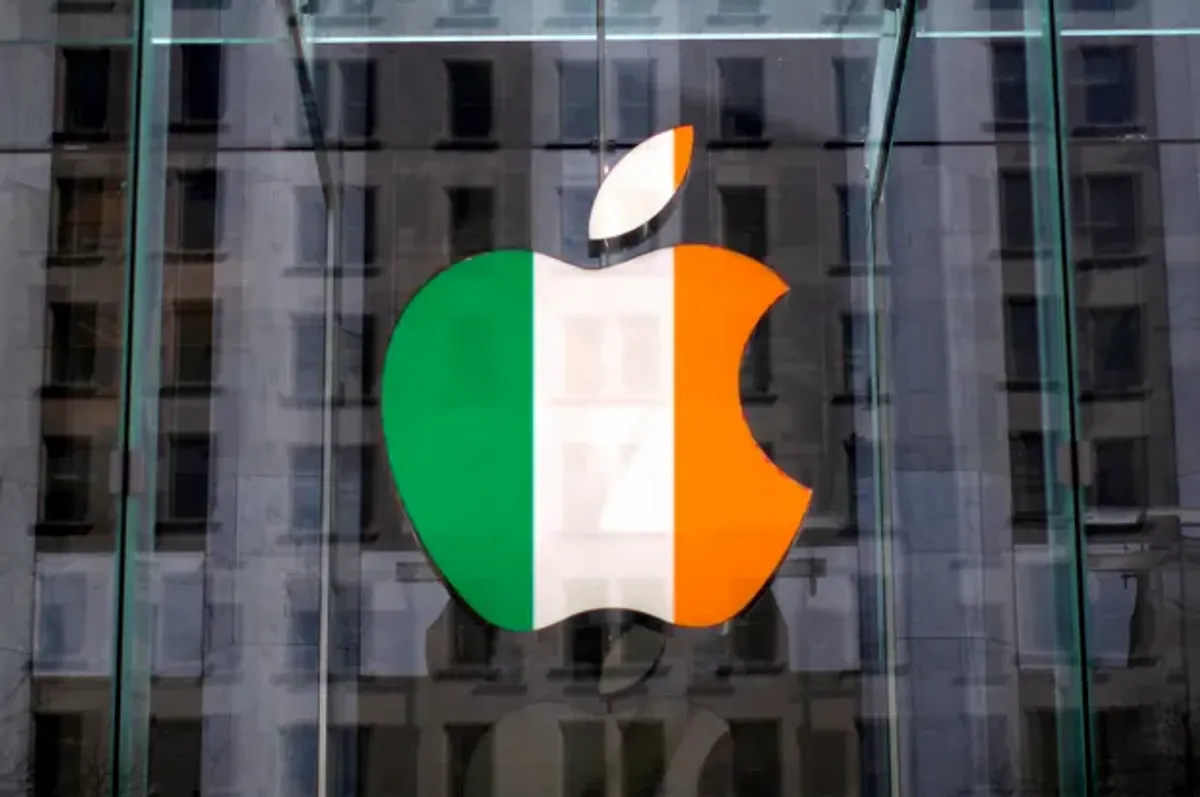Ireland’s government has announced its strategy for utilizing the €13 billion ($14.4 billion) in back taxes from Apple, following a historic European court ruling. Irish Finance Minister Jack Chambers outlined the plan in a pre-election budget speech, describing the windfall as “transformational” for the country.
The funds will be directed toward essential infrastructure projects, focusing on housing, energy, water, and transport, according to Chambers. He emphasized the importance of not using the money for day-to-day spending or to reduce taxes, instead highlighting its potential to address long-term challenges facing Ireland’s infrastructure.
The announcement comes weeks after the European Court of Justice (ECJ) ruled that Apple must pay Ireland the back taxes. The case, which has been ongoing since 2016, saw the European Commission accuse Ireland of granting Apple “unlawful aid” by allowing the tech giant to benefit from favorable tax arrangements. Despite Ireland’s previous resistance, the ECJ’s decision was final and welcomed by EU officials and tax advocates.
Infrastructure Focus Chambers revealed that the additional revenue will be crucial for Ireland’s economic future, as the country plans to invest in key sectors that have been underfunded. The government’s priority will be water, wastewater systems, energy infrastructure, and transportation, all of which are seen as critical for sustainable development.
The Dublin Chamber, representing over 1,000 businesses, expressed support for the government’s commitment to infrastructure. Its CEO, Mary Rose Burke, emphasized the importance of ring-fencing the funds for capital projects, ensuring the money is allocated to tangible improvements.
Pre-Election Context With a general election due by March next year, the surplus from corporate tax receipts and the Apple windfall places Ireland in a unique financial position. The government’s handling of the funds could influence the upcoming elections, as investment in infrastructure is seen as a key issue for voters.
Apple, which bases its European operations in Ireland, expressed disappointment with the court ruling, while Ireland’s government maintained that it does not give preferential tax treatment to any company. The country’s low corporate tax rate has historically attracted tech giants like Apple, though this ruling may shift the dynamics of foreign investment in the region.











